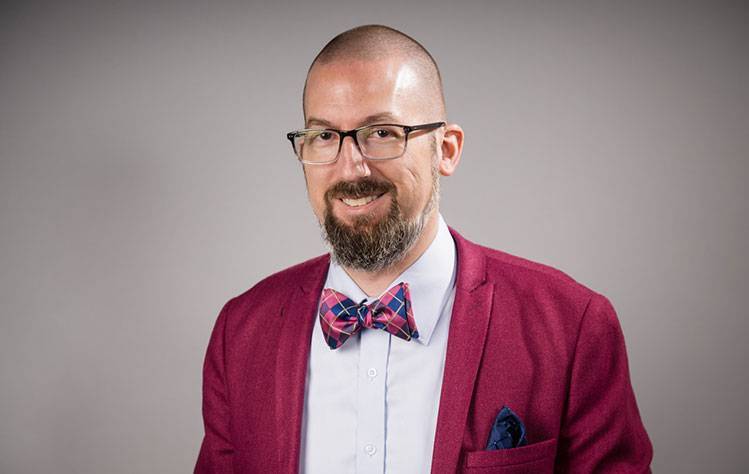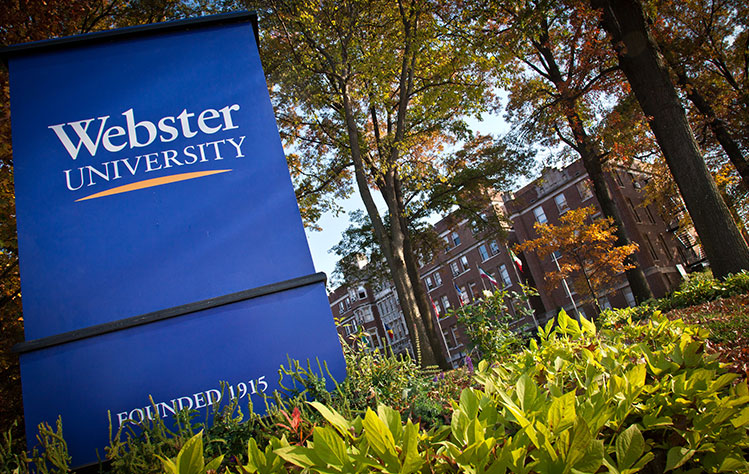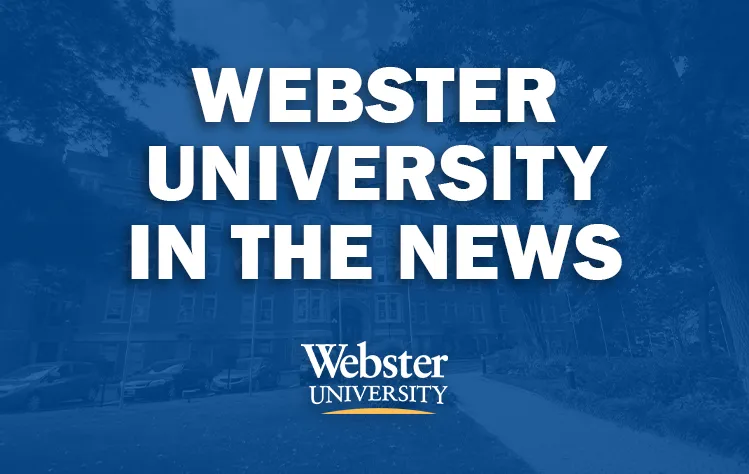R4.1 Completer Effectiveness. The provider demonstrates that program completers (a)
effectively contribute to P-12 student learning growth AND (b) apply in P-12 classrooms
the professional knowledge, skills and dispositions that the preparation experiences
were designed to achieve.
As is consistent with other Educator Preparation Programs (EPPs) in the state of Missouri,
Webster University uses data from the Missouri Department of Elementary and Secondary Education (DESE) to assess impact on P-12 learning and development. The School of Education assesses
the teaching effectiveness of its completers using DESE’s principals of first-year
teacher's survey.
In collaboration with the University of Missouri's Office of Social and Economic Data
Analysis (OSEDA), and more recently the University of Missouri's Institute of Public
Policy (IPP), DESE administers an annual survey of employers of first year teachers
— typically their principals — in Missouri public schools. The principals are asked,
“Based upon the performance based evaluation of this first year teacher, how would
you rate his or her impact on students?” and "Based upon the performance based evaluation
of this first year teacher, how would you rate his/her ability to achieve the expected
level of student growth?"
A minimum of 15 responses is required for DESE to provide the data for a given survey
item for a single year (actual n sizes are not provided). Most years, Webster University
receives an insufficient number of responses to yield any data for this survey item.
However, when we combine two years' worth of data at a time, we are able to report
the results in two-year increments.
Available data show that the majority (89% in AYs 2023-2024, 2022-2023, and 90% in
2021-2022) of our completers’ employers perceive them to be effective or highly effective
at impacting students as well as (84% in AY 2023-2024, 83% in 2022-2023; and 100%
in 2021-2022) of our completers' employers perceive them to be achieving the expected
level of student growth.
DESE First-Year Teacher Survey: Impact on P-12 Learning and Development
“Based upon the performance-based evaluation of this first-year teacher, how would
you rate his or her impact on students?”
| Year |
Range |
Highly Effective (4) |
Effective (3) |
Minimally Effective (2) |
Ineffective (1) |
Mean |
Standard Deviation |
| 2023-2024 |
Webster University |
19% |
70% |
4% |
7% |
3 |
0.72 |
| State of Missouri |
28% |
54% |
14% |
4% |
3.06 |
0.76 |
| 2022-2023 |
Webster University |
24% |
65% |
6% |
6% |
3.06 |
0.73 |
| State of Missouri |
28% |
54% |
14% |
4% |
3.05 |
0.77 |
| 2021-2022 |
Webster University |
45% |
45% |
10% |
0% |
3.35 |
0.65 |
| State of Missouri |
32% |
55% |
11% |
3% |
3.15 |
0.71 |
| 2020-2021 |
Webster University |
38% |
42% |
21% |
0% |
3.17 |
0.75 |
| State of Missouri |
33% |
54% |
11% |
2% |
3.18 |
0.70 |
| 2019-2020 |
Webster University |
32% |
45% |
23% |
0% |
3.10 |
0.73 |
| State of Missouri |
33% |
52% |
12% |
3% |
3.14 |
0.75 |
"Based upon the performance-based evaluation of this first-year teacher, how would
you rate his/her ability to achieve the expected level of student growth?"
| Year |
Range |
Highly Effective (4) |
Effective (3) |
Minimally Effective (2) |
Ineffective (1) |
Mean |
Standard Deviation |
| 2023-2024 |
Webster University |
19% |
65% |
4% |
12% |
2.92 |
0.83 |
| State of Missouri |
25% |
56% |
15% |
4% |
3.01 |
0.75 |
| 2022-2023 |
Webster University |
24% |
59% |
6% |
12% |
2.94 |
0.87 |
| State of Missouri |
24% |
56% |
15% |
5% |
3.00 |
0.76 |
| 2021-2022 |
Webster University |
30% |
70% |
0% |
0% |
3.3 |
0.46 |
| State of Missouri |
29% |
55% |
13% |
3% |
3.11 |
0.72 |
| 2020-2021 |
Webster University |
25% |
54% |
17% |
4% |
3 |
0.76 |
| State of Missouri |
31% |
55% |
12% |
2% |
3.14 |
0.70 |
| 2019-2020 |
Webster University |
31% |
38% |
25% |
6% |
2.94 |
0.90 |
| State of Missouri |
32% |
52% |
13% |
3% |
3.13 |
0.74 |




